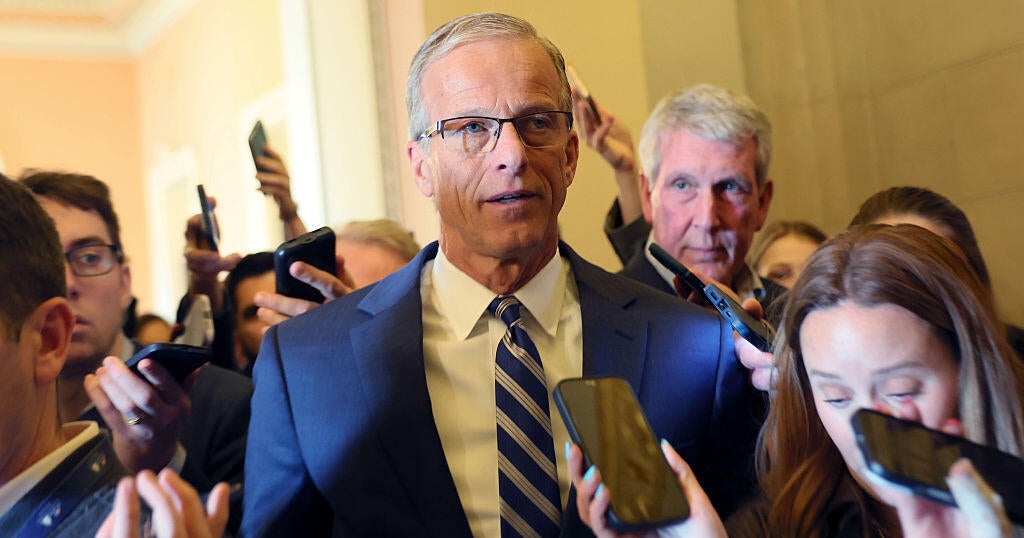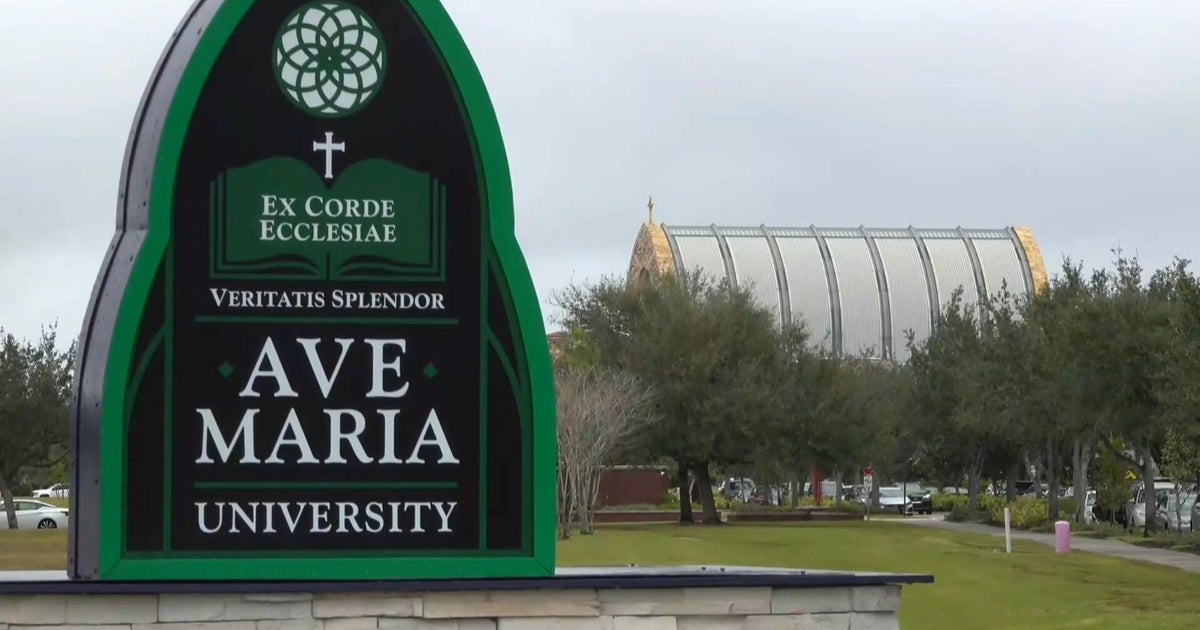Democratic leaders criticize Biden administration's "outmoded" guidance on aerosol COVID-19 spread
A group of House Democratic leaders are questioning the basis for the Biden administration's guidance on aerosol transmission of COVID-19, which they say relies on "outmoded" science.
In a four-page letter addressed to White House COVID response chief Jeff Zients, Centers for Disease Control and Prevention Director Rochelle Walensky and acting Labor Secretary Al Stewart, four House committee chairs say they have "serious questions" about the adequacy of the CDC's guidance on workplace protection from aerosol transmission.
For the last two weeks, scientists, experts and unions have been prodding the administration to be more specific about guidance on exposure to small aerosol particles that carry COVID-19, which they say the CDC's official guidelines downplay.
A dozen doctors and experts detailed their concerns in a letter in mid-February to the Biden administration. "For many months it has been clear that transmission through inhalation of small aerosol particles is an important and significant mode of SARS-CoV-2 virus transmission," their letter states. "Numerous studies have demonstrated that aerosols produced through breathing, talking, and singing are concentrated close to the infected person, can remain in air and viable for long periods of time and travel long distances within a room and sometimes farther."
Congressman Bobby Scott, the chairman of the House education and labor committee, is leading the advocacy effort for greater workplace protections and regulations regarding COVID-19 safety. Other powerful Democrats signed the letter, too, including House Appropriations Chair Rosa DeLauro, House Whip Jim Clyburn who leads the select committee on the coronavirus, House Energy and Commerce Chair Frank Pallone, and Alma Adams, subcommittee chair on workforce protections.
They argue that unless the CDC has evidence to contradict the experts' letter, the agency and the Occupational Safety and Health Administration (OSHA) should "delineate the recommended measures that need to be taken to prevent aerosol exposure — especially in workplaces."
In October under the Trump administration, the CDC said it appeared fewer COVID-19 infections occur from this type of particle spread than has been observed in airborne diseases like tuberculosis, but reaching a definitive conclusion could take a long time, experts say. Others, like Professor Don Milton at the Maryland Institute for Applied Environmental Health, have criticized this as "obfuscation by definition."
Last year, the CDC reported on a 122-member choir practice in Washington that resulted in as many as 52 COVID-19 cases — including two deaths and three hospitalizations — as evidence of the dangers of aerosol spread.
On his second day in office, President Biden signed an executive order asking OSHA to determine by March 15 whether any temporary emergency measures to safeguard workplaces are necessary. Experts told CBS News the lack of specificity from the CDC could be an impediment for OSHA.
"To date, CDC and OSHA recommend only cloth face coverings that do not protect against small particle aerosol inhalation for non-health care workers, even those with high risk of aerosol exposure in food processing, prisons, and transportation," the Democrats' letter says. Updated face mask standards by OSHA could also impact in-person teaching.
"We do hear confusion from workers and from employers about what protocols should be put in place, and those are going to be different based on the particular workplace and the jobs that workers are performing," Mark Ames, director of government relations at the American Industrial Hygiene Association, told CBS News.
If an emergency temporary standard is deemed necessary by OSHA, it would be the first enforceable nationwide standard for face masks in America's workplaces.
The White House, CDC and Labor Department did not immediately respond to a request for comment.



